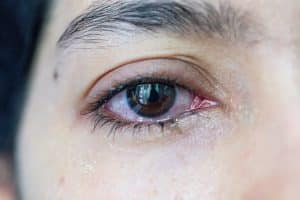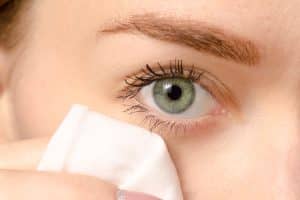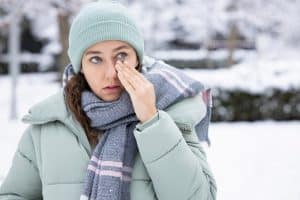Lack of sleep can have a big impact on our lives. Although a few nights of going to bed later than usual isn’t likely to have a major effect, if you continue to consistently not get enough sleep, you might start to notice changes in your physical, mental and emotional wellbeing.[1]
When we talk about a lack of sleep, we’re not just talking about finding it difficult to fall or stay asleep. Reduced sleep caused by lifestyle factors such as illness or injury keeping you awake, having a baby or having work or social events taking place when you’d usually be asleep can all have the same impact on your overall health. If you are perfectly capable of sleeping, but are prevented from doing so by your schedule or other factors, you are experiencing what’s known as ‘sleep insufficiency’.[2]
What can lack of sleep cause?
Getting a good night’s sleep is very important, because this is the time when our body rests and recuperates. If you’ve ever engaged in an all-nighter, you’re probably well aware of how physically fatigued and mentally sluggish you feel the next day, experiencing things such as finding it hard to focus or concentrate and having slower reaction times. Prolonged lack of sleep – whether that’s total lack of sleep or merely not getting enough – can exacerbate these effects to have a bigger impact on your physical and mental health.[2]
Physical impacts of lack of sleep
One of the most obvious effects of not getting enough sleep is feeling very tired and fatigued, but that’s not the only impact. Sleep deprivation can affect a number of areas of your body in specific ways.
Using the eyes as an example, not getting enough sleep can result in dry eyes which feel itchy and irritated, and may look reddened or bloodshot. This is because failing to get enough sleep means your eyes are open for longer, so they don’t get that period of shuteye overnight to replenish the tear film over your eyes.[3]
Fortunately, this is one effect of sleep deprivation that you can relieve with the use of ocular remedies. Eye drops such as TheraTears® Overnight Eye Drops use cross-linked hyaluronic acid to rehydrate the eye, helping to avoid the problem of dry eyes at night. If dry eyes are keeping you up, these eye drops can even help to ease the irritation to help you get some proper rest.
If you have dry eyes because of sleep deprivation, the chances are the irritation will last into the daytime until you start getting some better quality sleep. To help relieve your dry eyes in the meantime, TheraTears® Dry or Tired Eye Drops contain witch hazel to reduce puffiness around the eyes, as well as Ginkgo biloba to offer additional protection for your eyes.
Cognitive impacts of lack of sleep
Sleep is also an important time for your brain to rest in preparation for the next day to come. Common signs of sleep deprivation include:[2]
- Reduced alertness
- Finding it difficult to solve problems or use logical reasoning
- Struggling to make judgement calls.
This can be annoying enough if you’re at home all day, but it can have an even greater effect on your life if you need to be at work or school while sleep deprived.
Emotional impacts of lack of sleep
Last but not least, sleep plays a vital role in emotional regulation. Not getting enough sleep can lead to difficulties in controlling your emotions, which could result in:[2]
- Mood changes, especially including irritability and frustration
- Anxiety
- Depression
Sleep deprivation can also indirectly cause a reduced social life by way of making you feel fatigued. When you’re tired, you have less energy to go out and enjoy yourself, and so you miss out on the social connections that activity could have fostered.[2]
Resources:
[1] https://www.nhs.uk/every-mind-matters/mental-health-issues/sleep/







